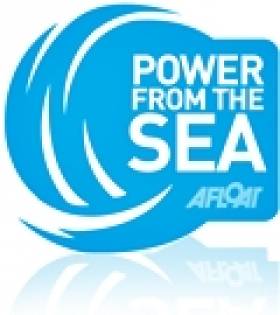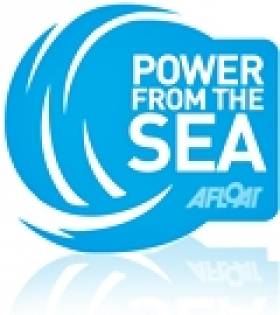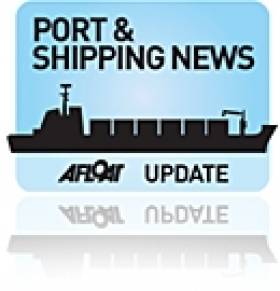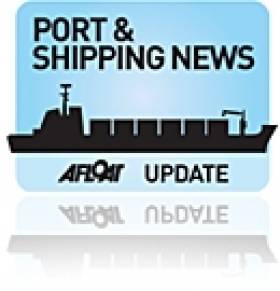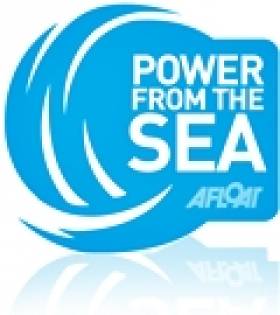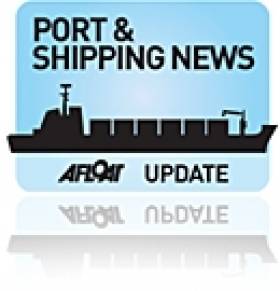Displaying items by tag: Island Shipping
Wind-Farm Service Vessel Completes Another UK Based Charter
#WindFarmCraft – Wicklow based Island Shipping's 17 metre Wind-farm Service Vessel (WFSV) Island Panther has completed another charter in the North Sea.
Island Panther had been working out of Hartlepool for a solid 75 days and recorded a 100% reliability. The WFSV had been transporting Siemens technicians in the final construction stages of EDF's 62 MW Teeside Offshore Windfarm.
Island Panther combines industry leading characteristics through its construction, hull shape, revolutionary bow-fendering and highly maneuverable waterjet propulsion.
This enables the craft to perform operating a comfortable transit to and from the worksite for offshore wind-farm personnel.
Island Shipping Becomes MCA Accredited Training Provider
#IslandShipping- Wicklow based Island Shipping has become a Maritime & Coastguard Agency (MCA) accredited course provider.
Island Shipping is to deliver the highest levels of service, safety and efficiency in response to the needs of the evolving work-boat and crew-boat sectors.
The substantial increase in workboat / wind-farm support vessel (WMSV) activity in the offshore wind farm market, made it clear to Island Shipping that there is a requirement for a dedicated seafarer training programme. This has led to a Workboat Operations Training programme (of a 10 module duration) which is currently under development.
Island Shipping is in the process of running these training programmes for its own seafarers and has begun to train employees of other relevant organisations. All of the company's Workboat Operations Training courses are MCA approved.
The course programme covers wind farm transfer vessel training, navigation and watch-keeping, stability, towing, anchor handling and safety management on-board. For further information visit www.islandshipping.co.uk/training/
Purr... fect as Wind-Farm Cats Excel
#WindFarmCraft- Wicklow based marine-plant specialist Island Shipping look back on their pair of wind-farm support vessels (WFSV) introduced in recent years and with added satisfaction.
Following research of the 17m craft, they have performed particularly well with the best in the business but in order to verify it, the company took a closer look of their vessels log-books.
While operating for 20 months off the UK coast along the Sheringham Shoal Offshore Windfarm the Island Tiger and Island Panther carried out 37,205 logged personnel transfers.
At the peak of activity, in July 2012, the Island Panther carried out 2,152 logged personnel transfers during the month.
Wind-Farm Vessels Complete UK Charter
#WindCATS – Two wind-farm service vessels (WFSV) belonging to Wicklow based Island Shipping have completed another charter to a UK offshore windfarm last month.
The catamaran hulled pair Island Tiger and Island Panther carried out 120 days charter on behalf of Centrica at the Lincs Offshore Windfarm construction site in the North Sea.
Island Shipping welcomed back the WFSV which completed their assignment at the wind-farm facility with no days lost to mechanical failure. For more on this story, offshore.biz reports.
Husky Returns from North Sea Wind-Farm
#POWER FROM THE SEA – Wicklow based Island Shipping's twin-screw tug Husky returned to her homeport last month having completed a 300-day charter at the Sheringham Shoal Offshore Wind-farm in the North Sea, writes Jehan Ashmore.
The multi-purpose 10 tonne bollard pull tug had provided logistical support to and from turbines and sub-stations at the SCIRA (Statoil & Statkraft) windfarm off the north Norfolk coast.
She leaves two of her fleetmates Island Tiger and Island Panther, a pair of 23-knot Wildcat 53 wind-farm support vessel (WFSV) catamarans based at the Sheringham Shoal where they are engaged in 24/7 crew transfer operations. In the meantime the Husky is now available for charter.
As previously reported they had previously worked at the Greater Gabbard Offshore Wind-farm in the North Sea after each of the 16m newbuilds where completed by Safehaven Marine in Cork.
Wicklow's Wildcat Wind-farmer's
The County Wicklow based firm, Island Shipping which ordered a pair of Wind-farm support service vessels starting with the Island Tiger, recently took up station on charter work at the world's largest offshore wind-farm construction project, writes Jehan Ashmore.
The Island Tiger is working at the Greater Gabbard Offshore Wind-farm in the North Sea, which is located 25km off the Suffolk coastline. The site of the £650m project is identified as one of three strategic locations for offshore wind-farm development identified by the UK Government. The 140 wind-turbine project with a 504MW capacity is owned by joint venture partners Scottish and Southern Energy (SSE) and RWE npower (RWE).
The second newbuild Island Panther, is currently under construction at Safehaven Marine, Cork and available for charter in 2011. Both craft are of the WildCat 53 design catamaran, that are robust to handle in heavy seas. The 16m craft are designed to go at high-speed at a maximum of 27 knots and are water-jet propelled. The craft are manned by a crew of two and can carry 12 passengers, which is the craft's primary role to transfer wind-farm support personnel, equipment and their supplies to land at the offshore wind-turbine installations.
The charter market for such service-support craft is increasing as the number of offshore wind-farm projects continue and the need to maintain them when completed. Before Island Tiger took up North Sea duties, the newbuild was show-cased at SeaWork, the shipping industry's event for small workboats that was held in Southampton during June.
Apart from experience in serving the offshore wind-farm industry, Island Shipping also operate vessels for charter management; marine construction and underwater operations which involved the company's tug Husky in assisting in the contruction of the new River Shannon road tunnel, close to Limerick City.
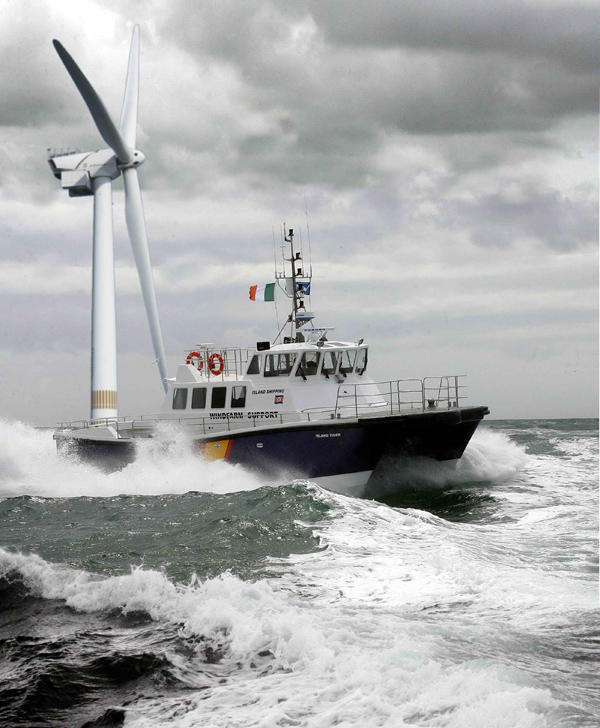
Island Tiger in rough seas passes a wind-turbine


























